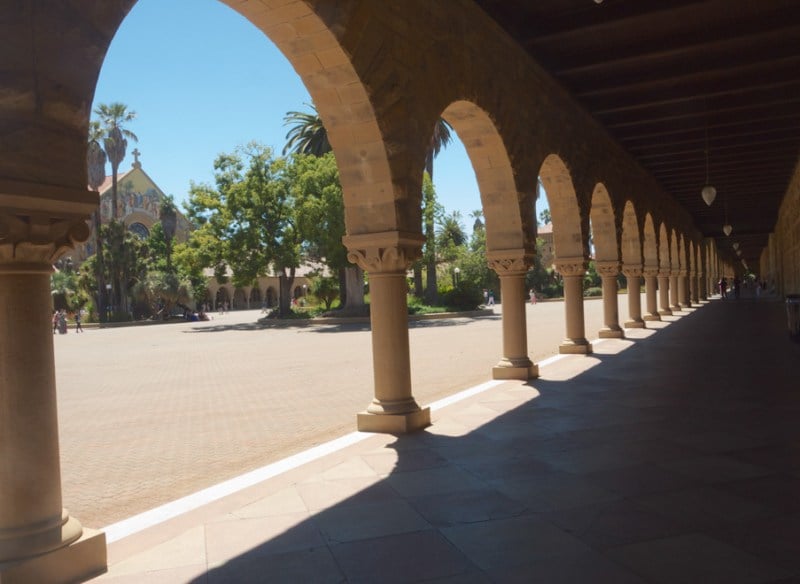Following national security concerns regarding cybersecurity risks posed by Chinese telecommunications conglomerate Huawei, President Marc Tessier-Lavigne and Provost Persis Drell reiterated a commitment to supporting the University’s international community of students and scholars in a Thursday morning “Notes from the Quad” post.
“We must … ensure that attentiveness to [these issues] does not bleed into something more insidious: a questioning of people within our community based on their country of origin or their heritage,” reads the post.
With regards to U.S.-Chinese tensions, the University recently took precautions in mid-December against potential cybersecurity threats from China, halting its research ties with Huawei, which had been accused of unauthorized surveillance, espionage and the stealing of trade secrets, among other transgressions. Berkeley also suspended its research collaborations with Huawei after the U.S. Department of Justice brought criminal charges against the company.
Tessier-Lavigne and Drell’s statement follows a Feb. 20 message from the executive vice chancellor’s office at the University of California, Berkeley, which expressed similar sentiments in support of the campus international community. Berkeley administration released a “CalMessage” statement after receiving reports that “negative comments” were directed at their Chinese-American and Iranian-American faculty, as well as researchers with academic or personal ties to China or the Middle East, implying that they were “spies” or working against the interest of the United States.
Both Stanford and Berkeley administration have confirmed that they do not conduct classified research whose results cannot be openly disseminated.
Tessier-Lavigne and Drell did not indicate in the post that they had received similar reports from individuals at Stanford where faculty or researchers were targeted for their country of origin or research collaborations. The statement instead reiterated the University’s intent to “reject prejudice and discrimination in all their forms,” including the “questioning of people within [Stanford’s] community based on their country of origin or their heritage.”
“The president and provost wanted to state the University’s ongoing commitment to international collaboration and support for each member of our community,” wrote University spokesperson EJ Miranda in an email to The Daily. “It was not in response to complaints of faculty and researchers receiving negative comments.”
“International collaboration continues to be vital to the advancement of knowledge and innovation,” Tessier-Lavigne and Drell wrote. “We want talented people from around the globe to come to America’s leading research universities, and to contribute to the work being done to create a brighter future for our world.”
Contact Elena Shao at eshao98 ‘at’ stanford.edu.
